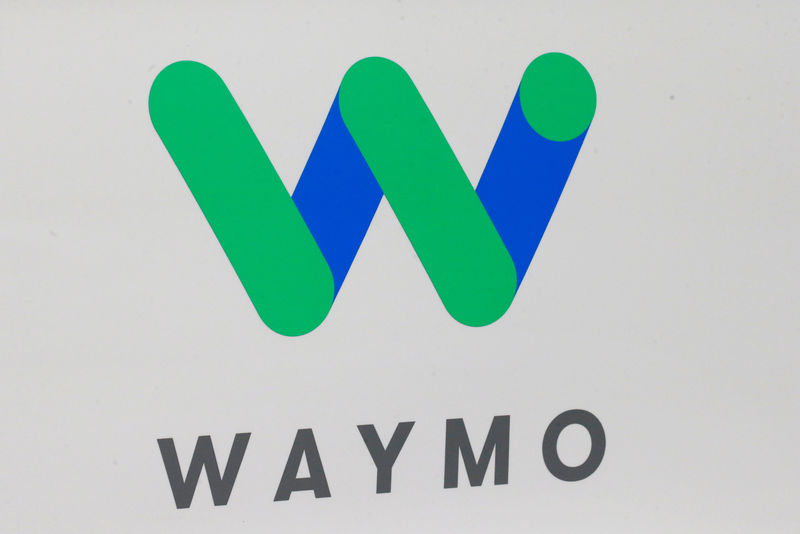Investing
Union opposes driverless trucks exemption for Waymo, Aurora

© Reuters. FILE PHOTO: A Waymo rider-only robotaxi is seen during a test ride in San Francisco, California, U.S., December 9, 2022. REUTERS/Paresh Dave
By David Shepardson
WASHINGTON (Reuters) – A major transport union on Tuesday opposed a request filed by Alphabet (NASDAQ:)’s self-driving unit Waymo and autonomous driving technology company Aurora for an exemption from rules on warning devices for large semi-trucks, citing safety issues.
The Federal Motor Carrier Safety Administration (FMCSA) said last month it received a joint application from Waymo and Aurora seeking a five-year exemption from rules that require drivers to place reflective triangles or a flare around a stopped truck to alert other drivers and help prevent a crash.
Aurora and Waymo instead want to use warning beacons mounted on the truck cab to avoid the need for human drivers.
The Transport Workers Union of America said the petition is “inappropriate, represents an overreach and a misuse of the waiver and exemption process, and would significantly diminish the safety of our roads. It should be rejected in the strongest possible terms.”
It urged the safety board to ensure “rigorous oversight and standards” before widespread deployment of such new technologies.
Waymo and Aurora say that without an exemption driverless trucks would need to have a human on board, which would “undermine the efficiency potential of autonomous CMVs.”
Waymo and Aurora, which did not immediately comment Tuesday, said it is possible to achieve the safety purpose of the warning device by using forward- and rearward-facing amber flashing lights mounted on the cab.
Aurora said in the filing it maintains its own fleet of 28 Class 8 trucks equipped with automated driving technology and human operators on board who can drive the vehicles when necessary and that operate on public roads, primarily in Texas.
Waymo said in its request it has a fleet of 48 Class 8 trucks with autonomous driving systems that operate with human operators on board who can drive the vehicles when necessary.
Legislation to speed the deployment of self-driving vehicles and ease hurdles has been stalled for more than five years in Congress. A bill to advance self-driving cars approved by the U.S. House in 2017 applied to vehicles under 10,000 pounds — but not large commercial trucks.
Read the full article here

-

 Investing7 days ago
Investing7 days agoMoldova breakaway region to face new power cuts on Saturday, officials say By Reuters
-

 Investing7 days ago
Investing7 days agoReebok Co-Founder Backs Syntilay’s New AI, 3D-Printed Shoe
-

 Side Hustles7 days ago
Side Hustles7 days agoHow to Survive High-Demand Seasons Without Losing Customers
-

 Side Hustles5 days ago
Side Hustles5 days ago5 Things That Could Significantly Impact Your Company in 2025
-

 Investing5 days ago
Investing5 days agoNFI Group surge after board reshaped with new appointments, chairperson By Investing.com
-

 Side Hustles7 days ago
Side Hustles7 days agoShake It Up — Dunkin’ Debuts Star-Backed Winter Menu
-

 Side Hustles6 days ago
Side Hustles6 days agoHow Failing 22 Times Paved the Way to My Success
-

 Make Money7 days ago
Make Money7 days ago9 Easy Steps to Begin Your Gold Investment Journey


















